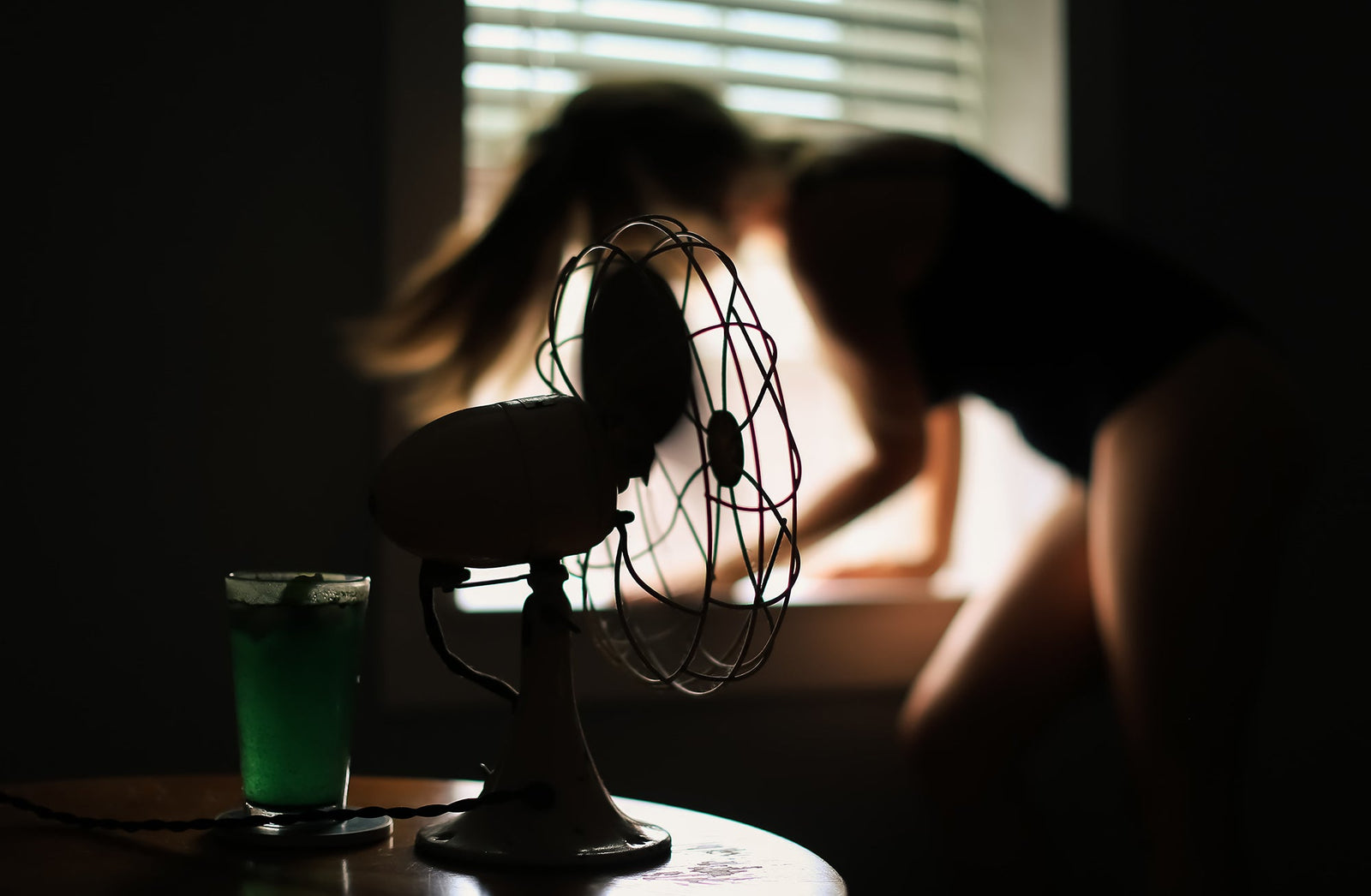Apparently this stuff works - Mike M.
You can feel the difference - Kevin K.
My BP was 157/101... now it is 129/87 - Latasha G.
Seems to work... lowered my numbers by 7% - Scott L.
It is a life saver - Golda C.
I feel better, I have more energy - Alex Y.
My BP went down 10 points in 2 weeks - Lucy W.
I have only been drinking it for 2 weeks and my BP numbers have gone down - Elizabeth S.
Apparently this stuff works - Mike M.
You can feel the difference - Kevin K.
My BP was 157/101... now it is 129/87 - Latasha G.
Seems to work... lowered my numbers by 7% - Scott L.
It is a life saver - Golda C.
I feel better, I have more energy - Alex Y.
My BP went down 10 points in 2 weeks - Lucy W.
I have only been drinking it for 2 weeks and my BP numbers have gone down - Elizabeth S.
Add description, images, menus and links to your mega menu
A column with no settings can be used as a spacer
Link to your collections, sales and even external links
Add up to five columns
Add description, images, menus and links to your mega menu
A column with no settings can be used as a spacer
Link to your collections, sales and even external links
Add up to five columns
Heat Waves And How Heat Affects Blood Pressure
July 23, 2021 3 min read

Heat waves, ocean waves, goodbye waves, waves of humidity, sound waves. Some of these can positively affect our heath by refreshing us, making us happy, nourishing our spirit. However, two of them have the potential to negatively affect our health, especially when they happen at the same time. Waves of heat and waves of humidity, when combined, can have a dangerous effect on our heart rate, our hydration status, and on our blood pressure.
Obviously, this has been a particularly hot and humid summer. It is of extreme importance to know that certain blood pressure medications can actually increase our risk of heat stroke under these hot and humid conditions.
Does Heat Affect Blood Pressure Medication?
These are the high blood pressure medications that put us at greater risk for heat stroke:
- Beta Blockers: Metropolol, Propranolol, Atenolol
- Calcium Channel Blockers: Nifedipine, Verapamil, Diltiazem
- Diuretics: Furosemide, Chlorthalidone, Hydrochlorthiazide
How Does Heat Affect Blood Pressure Medications?
Obviously, our body tries to avoid overheating. Part of the reason why overheating is dangerous is because we have thousands of chemicals in our body that are called enzymes, which are necessary for carrying out vital functions, including energy production. Enzymes are proteins, which can be denatured (broken down) by heat. When our internal temperature gets too high—say about 104 degrees Fahrenheit—many of these enzymes will break down and not be able to function.
Unfortunately, the body needs these enzymes working in order to survive. So when we start to overheat, the body tries to remove as much heat as possible as quickly as possible. It will do this by having our heart pump harder and faster, so that we can get the blood closer to the surface of our skin to release the heat. It will also release fluid and electrolytes in the form of perspiration. Then the electrolyte-laden perspiration makes contact with the air around us, it evaporates, and in the process it cools us off.
Beta Blockers and Calcium Channel Blockers are usually taken to slow your heartbeat and reduce your blood pressure. In doing this, the flow of blood to the skin is slowed down. When the blood flow to the skin is slowed down, the body has a harder time perspiring, which means our body has a harder time cooling down. Diuretics also assist our body in lessening the sodium and fluid it’s holding onto, which in extreme heat can cause dehydration.
What are signs and symptoms of Heat Stroke?
- Absence of sweating
- Hot, red or flushed dry skin
- High body temperature
- Difficulty breathing
- Rapid pulse
- Changes in mental status, Confusion, Strange behavior, Hallucinations.
Heat stroke can happen! Being on blood pressure medication makes it particularly important to know these easy steps to take to prevent getting sick.
So, what can we do?
First (obviously), never stop taking any medication without speaking with your doctor.
Next, we need to proactively address the heat and our hydration status.
In terms of the heat:
- Wear light colored loose-fitting clothes, if you must be outside, take breaks to sit in shaded and air-conditioned areas.
- Don’t wear heavy close-toed shoes.
- Avoid being outside when the sun and heat are the strongest between 12 and 3pm.
In terms of our hydration status:
- Drink water. Drink seltzer. Add lemon or lime juice to your water for a small hit of electrolytes.
- Don’t just drink when you’re thirsty. We have a very inefficient thirst mechanism. Sometimes when we think we’re hungry, we’re actually thirsty. Sometimes we don’t experience thirst until we’re close to actually being dehydrated! The 8x8 rule is generally a good one that’s easy to remember. Eight 8oz glasses/day on days when you haven’t had a hard/long workout, and/or on days when the temperature isn’t extraordinarily high.
- Avoid beverages with sugar, alcohol and/or caffeine.
- Unsweetened coconut water is a good source of fluid and electrolytes.
- Drink before during and after a workout.
- You’ll know you’re drinking enough if your urine is colorless or light straw yellow.
- Isn’t it interesting that so many summer fruits are so juicy? Ripe nectarines, plums, grapes, pineapple, watermelon! How about eating some delicious and thirst-quenching watermelon? It will give you fluid, electrolytes and the amino acid citrulline which your body will convert and use to help make some more nitric oxide which can help in normalizing your blood pressure! Organic frozen red grapes will also cool you off, and they contain resveratrol, which is good for your blood vessel walls!
Here’s to your health!
Leave a comment
Comments will be approved before showing up.
Subscribe
Sign up to get the latest on sales, new releases and more …

